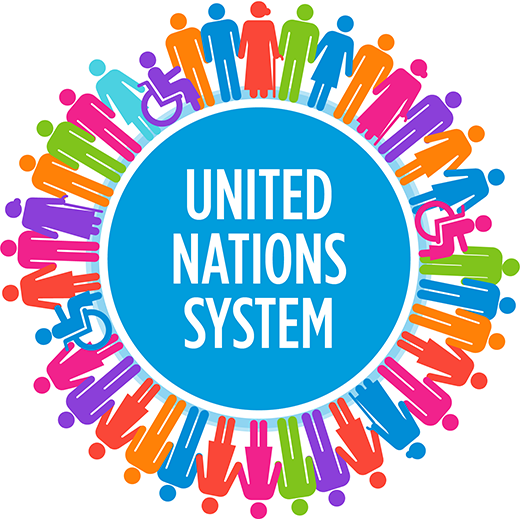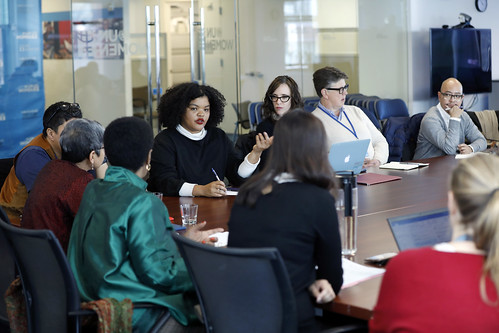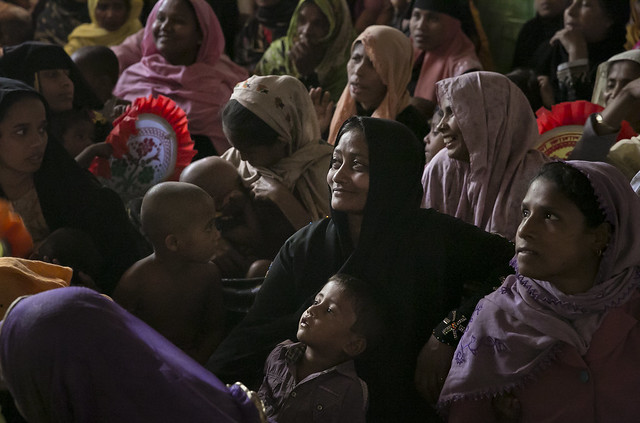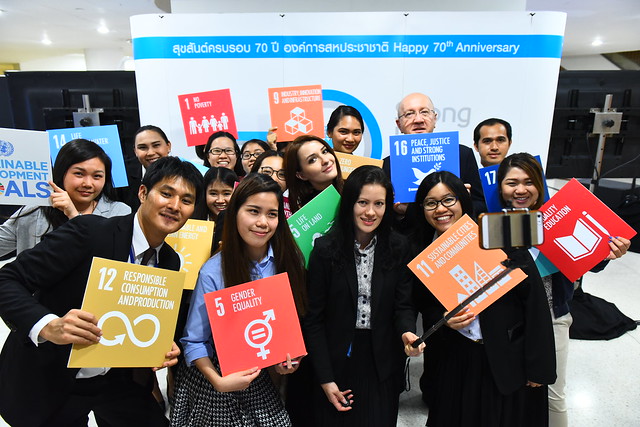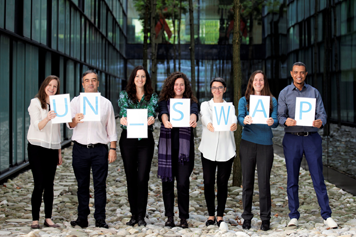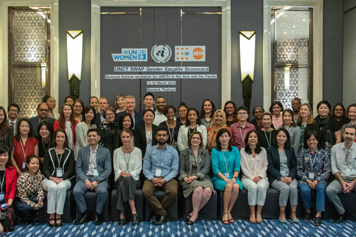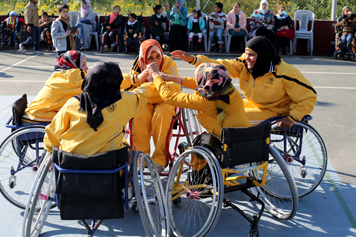UN Women works through high-level UN inter-agency bodies to promote the integration of gender perspectives into system-wide policies, as well as policies applying to specific issues and sectors.
UN Women leads and guides the work of the Inter-Agency Network on Women and Gender Equality (IANWGE), the longest-standing gender-specific body that advocates and promotes gender mainstreaming in the UN system.
Read More